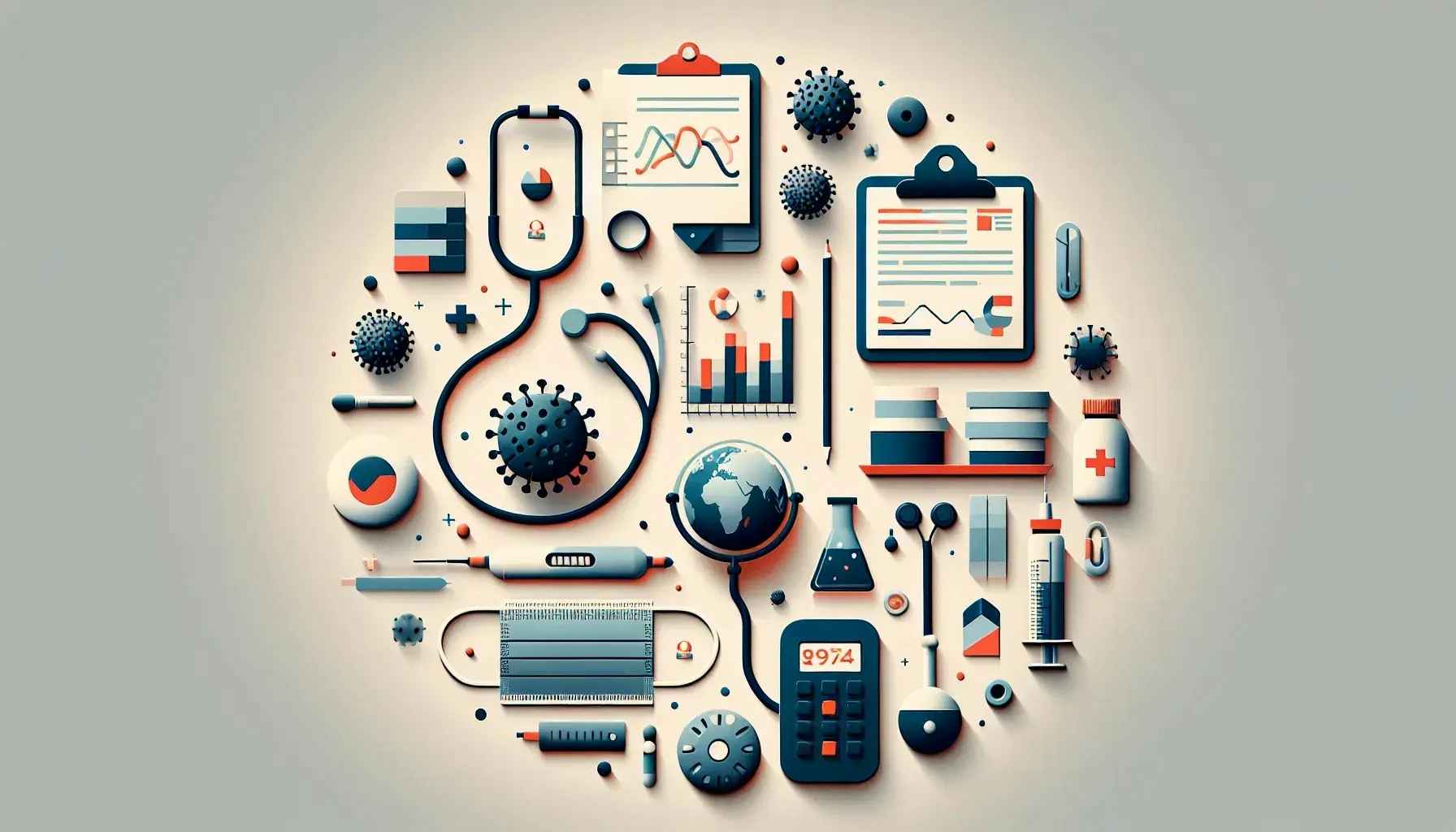In the face of a global health crisis, the role of epidemiologists becomes more critical than ever. These health professionals are the frontline warriors, studying the patterns, causes, and effects of health and disease conditions in defined populations. This blog post will delve into the crucial role that epidemiologists play during pandemics, shedding light on their responsibilities, challenges, and the importance of their work in safeguarding public health.
Understanding the Role of Epidemiologists
Epidemiologists are often referred to as "disease detectives". They investigate the who, what, where, when, and why of diseases to prevent them from spreading or recurring. During a pandemic, their role expands and intensifies. They are tasked with identifying the disease, understanding how it spreads, predicting its trajectory, and providing evidence-based advice to inform public health policies.
Epidemiologists collect data to track the spread of a disease. They use statistical analysis to understand its patterns and trends. They also study the characteristics of those infected to identify risk factors and vulnerable populations. In a pandemic, this information is vital for developing strategies to control the spread of the disease.
Surveillance and Outbreak Investigation
One of the primary responsibilities of epidemiologists during a pandemic is surveillance. They monitor the spread of the disease, looking for patterns and trends. They use this information to predict where the disease might strike next and to inform public health interventions.
When an outbreak occurs, epidemiologists swing into action. They collect data on those affected, looking for common characteristics or behaviors that might explain why they got sick. They also trace contacts of those infected to understand how the disease is spreading and to prevent further transmission.
Informing Public Health Policies
Epidemiologists play a crucial role in informing public health policies. They provide the data and analysis that policymakers need to make informed decisions. During a pandemic, their work can influence everything from travel restrictions to school closures, from testing strategies to vaccine distribution plans.
Epidemiologists also communicate their findings to the public. They explain the risks and how to mitigate them. They provide updates on the progress of the pandemic and the effectiveness of public health measures. Their communication skills are critical in ensuring that the public understands and complies with these measures.
Research and Innovation
Epidemiologists are also researchers. They study diseases to understand their causes and effects. During a pandemic, they may conduct studies to learn more about the disease, such as its incubation period, its severity, and its long-term effects.
Innovation is another aspect of their work. They develop new methods and tools for studying diseases. For example, during the COVID-19 pandemic, epidemiologists have used innovative techniques such as wastewater surveillance to track the spread of the virus.
Collaboration and Coordination
Epidemiology is a collaborative field. Epidemiologists work with other health professionals, such as clinicians, microbiologists, and public health officials. They also collaborate with researchers in other fields, such as social sciences, to understand the broader impacts of a pandemic.
Coordination is also a key part of their role. They coordinate with local, national, and international health agencies to share information and resources. During a pandemic, this coordination is crucial for a unified and effective response.
Challenges Faced by Epidemiologists
Epidemiologists face many challenges in their work. During a pandemic, these challenges are magnified. They must deal with a rapidly evolving situation, with new information coming in constantly. They must make sense of this information quickly and accurately, despite the uncertainties.
They also face the challenge of communicating complex information to the public in a way that is understandable and actionable. Misinformation and public mistrust can make this task even more difficult. Despite these challenges, epidemiologists continue to play a crucial role in our response to pandemics.
The Indispensable Role of Epidemiologists in Pandemic Response
The role of epidemiologists during a pandemic is multifaceted and crucial. They track the disease, inform public health policies, conduct research, innovate, collaborate, and coordinate. Despite the challenges they face, their work is indispensable in controlling the spread of the disease and protecting public health. As we continue to grapple with pandemics, the role of epidemiologists will remain as vital as ever.

